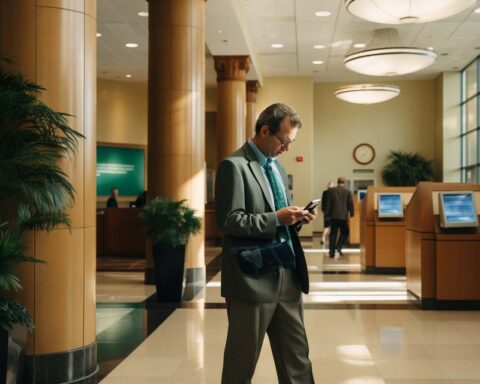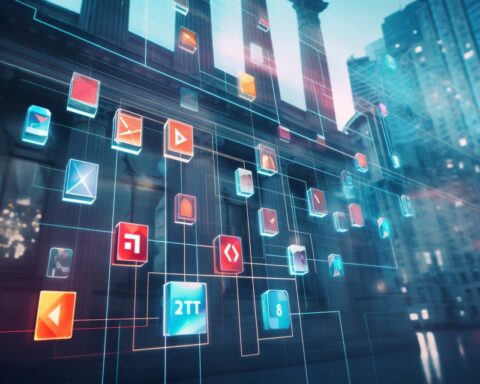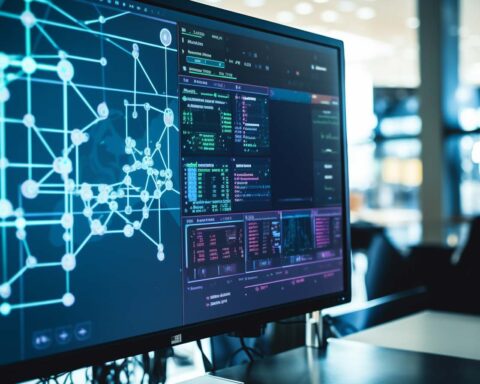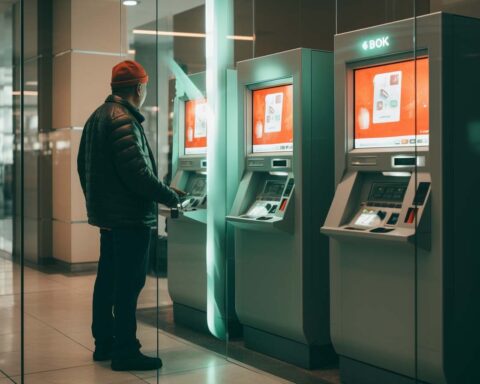TLDR:
• The article discusses the increasing use of artificial intelligence (AI) in the creative industry.
• It highlights the potential benefits and concerns associated with AI-generated content.
The creative industry is embracing artificial intelligence (AI) as a powerful tool for generating content, but this raises questions about the future role of human creativity and expertise. While AI offers numerous advantages, such as increased efficiency and cost-effectiveness, there are concerns about its impact on the creative process and the ethical implications of AI-generated content.
One of the key benefits of using AI in the creative industry is its ability to automate repetitive and time-consuming tasks. AI can analyze large amounts of data, identify patterns, and generate content based on predefined parameters. This saves time and allows human creatives to focus on more complex and strategic tasks. AI-powered tools can assist in tasks such as copywriting, image recognition, video editing, and even music composition.
Furthermore, AI can provide valuable insights and predictive analytics that can inform creative decisions. By analyzing data and user behavior, AI algorithms can identify trends and patterns that human creatives may overlook. This can help businesses target their audience more effectively and create content that resonates with consumers.
However, there are concerns that AI may replace human creativity and expertise. Critics argue that AI lacks the ability to truly understand human emotions and experiences, making it incapable of creating content that is truly innovative or meaningful. While AI-generated content may meet the criteria of being technically proficient or aesthetically pleasing, it may lack the depth and emotional resonance that comes from human creativity.
Another concern is the ethical implications of AI-generated content. AI algorithms are trained on existing data, which means they may amplify existing biases. This can result in discriminatory or offensive content being generated. For example, if an AI algorithm is trained on a dataset that is predominantly biased towards a particular gender or race, it may generate content that perpetuates those biases. Additionally, there are concerns about intellectual property rights when it comes to AI-generated content.
In conclusion, AI has the potential to revolutionize the creative industry by automating tasks, providing valuable insights, and increasing efficiency. However, it is crucial to consider the impact on human creativity, the ethical implications, and the need for oversight and regulation. Striking a balance between AI-generated content and human creativity is essential to ensure that the creative industry continues to thrive and evolve.











